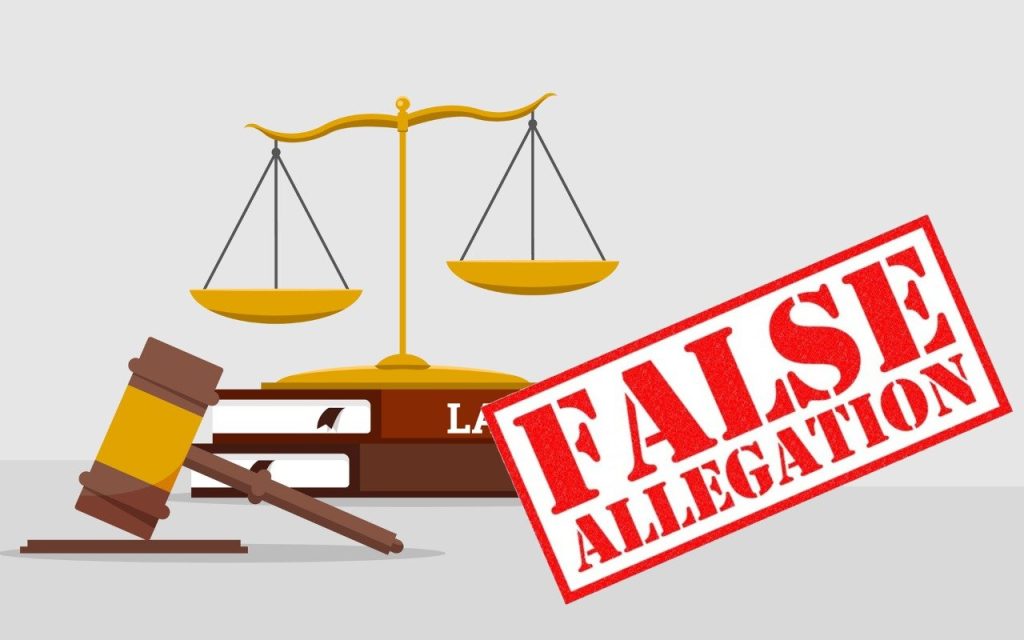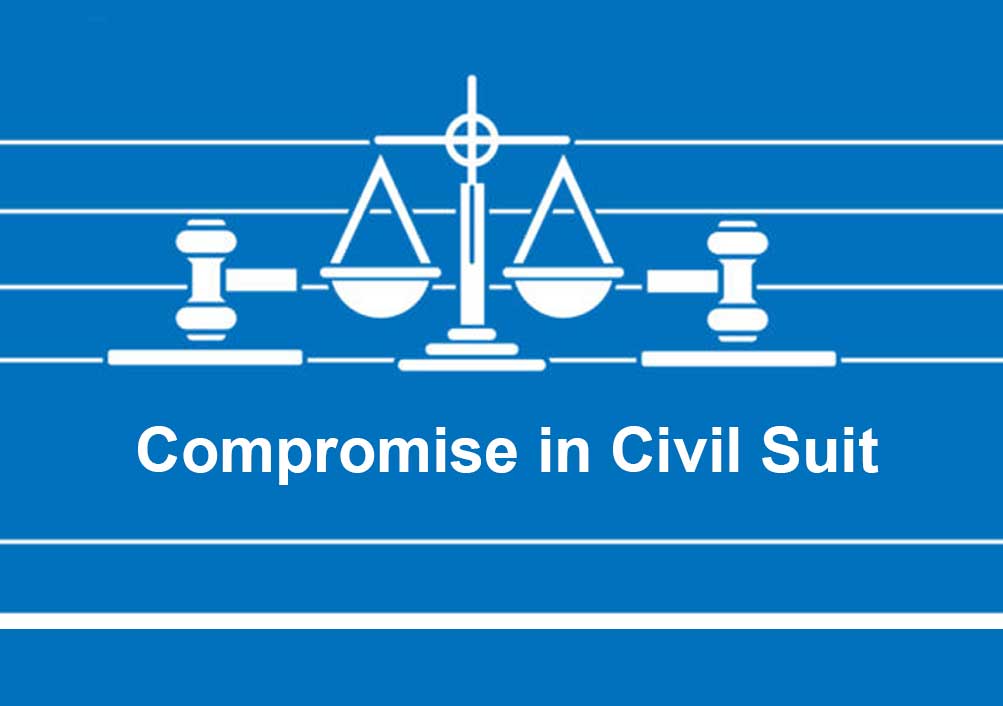Here is an expected misinterpretation of the BNSS, which will soon be explained by the other High Courts and the Hon’ble Supreme Court. This one is from the Rajasthan High Court in the case of Krishna Joshi v. State of Rajasthan (S.B. Criminal Misc(Pet.) No. 4285/2024, DT. 09.07.2024). As per the observations of the Rajasthan High Court, if an FIR was registered under Cr.P.C., before 01.07.2024, then the trial of such cases is governed by the Cr.P.C., and not the BNSS, 2023.
The observations of the Court are based on the repealing provision in the BNSS, 2023, which is Section 531. Section 531 of the BNSS reads,
“531. (1) The Code of Criminal Procedure, 1973 is hereby repealed.
(2) Notwithstanding such repeal— (a) if, immediately before the date on which this Sanhita comes into force, there is any appeal, application, trial, inquiry or investigation pending, then, such appeal, application, trial, inquiry or investigation shall be disposed of, continued, held or made, as the case may be, in accordance with the provisions of the Code of Criminal Procedure, 1973, as in force immediately before such commencement (hereinafter referred to as the said Code), as if this Sanhita had not come into force;
(b) all notifications published, proclamations issued, powers conferred, forms provided by rules, local jurisdictions defined, sentences passed and orders, rules and appointments, not being appointments as Special Magistrates, made under the said Code and which are in force immediately before the commencement of this Sanhita, shall be deemed, respectively, to have been published, issued, conferred, specified, defined, passed or made under the corresponding provisions of this Sanhita;
(c) any sanction accorded or consent given under the said Code in pursuance of which no proceeding was commenced under that Code, shall be deemed to have been accorded or given under the corresponding provisions of this Sanhita and proceedings may be commenced under this Sanhita in pursuance of such sanction or consent.
(3) Where the period specified for an application or other proceeding under the said Code had expired on or before the commencement of this Sanhita, nothing in this Sanhita shall be construed as enabling any such application to be made or proceeding to be commenced under this Sanhita by reason only of the fact that a longer period therefor is specified by this Sanhita or provisions are made in this Sanhita for the extension of time.”
The Rajasthan High Court has interpreted Section 531(2)(a) of the BNSS, and held as follows,
“5.We are concerned here only with the savings clause contained in sub section 531(2)(a), ibid. A perusal thereof clearly reflect that, not only the pending trial / appeal, but even an inquiry and/or investigation, which is underway prior to coming into force of the BNSS, shall have to be dealt with in accordance with the provisions of Cr.P.C., 1973 and not under the BNSS, 2023.
6. The reasons for the same are not far too seek. What has to be been seen simply is the date of registration of the FIR and the law as applicable as on the date of such registration. Trite it may sound, but settled position is that, the moment an FIR is registered under section 154 of the Cr.P.C., criminal investigative/administrative machinery is set in motion under Chapter XII thereof. Thus, if an FIR is registered prior to 01.07.2023 under the Cr.P.C., it would amount to a pending enquiry/investigation within the meaning of section 531(2)(a) of BNSS. The entire subsequent investigation procedure and even the trial procedure qua such an FIR shall then be governed by Cr.P.C. and not BNSS.”
As per the observations of the Rajasthan HC, all pending and on going proceedings are saved by Section 531(2)(a), and any FIR being investigated under CRPC can only result in a trial under the CRPC.
However, it can be seen that Section 531(2)(a) provides for proceedings separately, listing them with separate headers – appeal, application, trial, inquiry or investigation. This can well mean that the Parliament intends to save proceedings according to the stage in which it is pending under the Cr.P.C., i.e., if an investigation is pending under Cr.P.C., the investigation shall proceed as per Cr.P.C. It may not necessarily mean that all subsequent proceedings which may arise from the investigation will be governed by the Cr.P.C.
Although the Rajasthan HC has said that such interpretation given by it will help in workload management, and allows the Judges and Lawyers to continue their work under the old Code without having to immediately adapt to the new provisions, one must conclude that such an idea may not be the right interpretation of Section 531(2)(a).
Had the Parliament used words such as, “any proceeding/inquiry/ investigation pending under Cr.P.C., and any proceeding arising subsequent to it, shall be governed by the Cr.P.C.”, we may be able to agree with the Rajasthan HC. However, that is not the case. The distinct use of different headers to describe ongoing proceedings will only show that the saving clause saves the particular stage from the applicability of BNSS.
The above position was explained by a Division Bench of the Bombay HC in the case of Janardan Sarvottam Rao vs The State Of Maharashtra ((1976) 78 BOM L.R. 380) when there was a transition from the CRPC, 1898 to the CRPC, 1973, and a similar repealing clause was provided under S. 484 of the CRPC, 1973. This decision was subsequently followed by the Bombay HC in the case of Shriyans Prasad Jain vs Shanti Prasad Jain (1977 79 BOM L.R. 394), wherein it had been observed that, “17. By a division Bench judgment in Janardan Sarvottam v. The State (1975) 78 Bom. L.R. 380 to which one of us is a party (Deshmukh J.) Clause (a) above has been interpreted. According to that view the pending matter whether it is appeal, application, trial, inquiry or investigation if pending has to be disposed of, continued, held or made as the case may be according to the provisions of the old Code. In other words only that proceeding or inquiry if pending has to be disposed of according to the old Code or if a trial was pending it has to be disposed of according to the old Code. As soon as the trial ends either in conviction or acquittal, the further remedy is under the new Code as it begins to apply and it is not necessary to refer to the provisions of the old Code for the purpose of the further course of to be followed in case of a pending litigation.”
There will very well be many other cases where such a provision has been interpreted by the Courts. What is your opinion on the above?!
Views are personal. Contact for personal assistance.
Subscribe to the Lawyers’ Society Youtube Channel to receive informative legal videos.










nice article sir